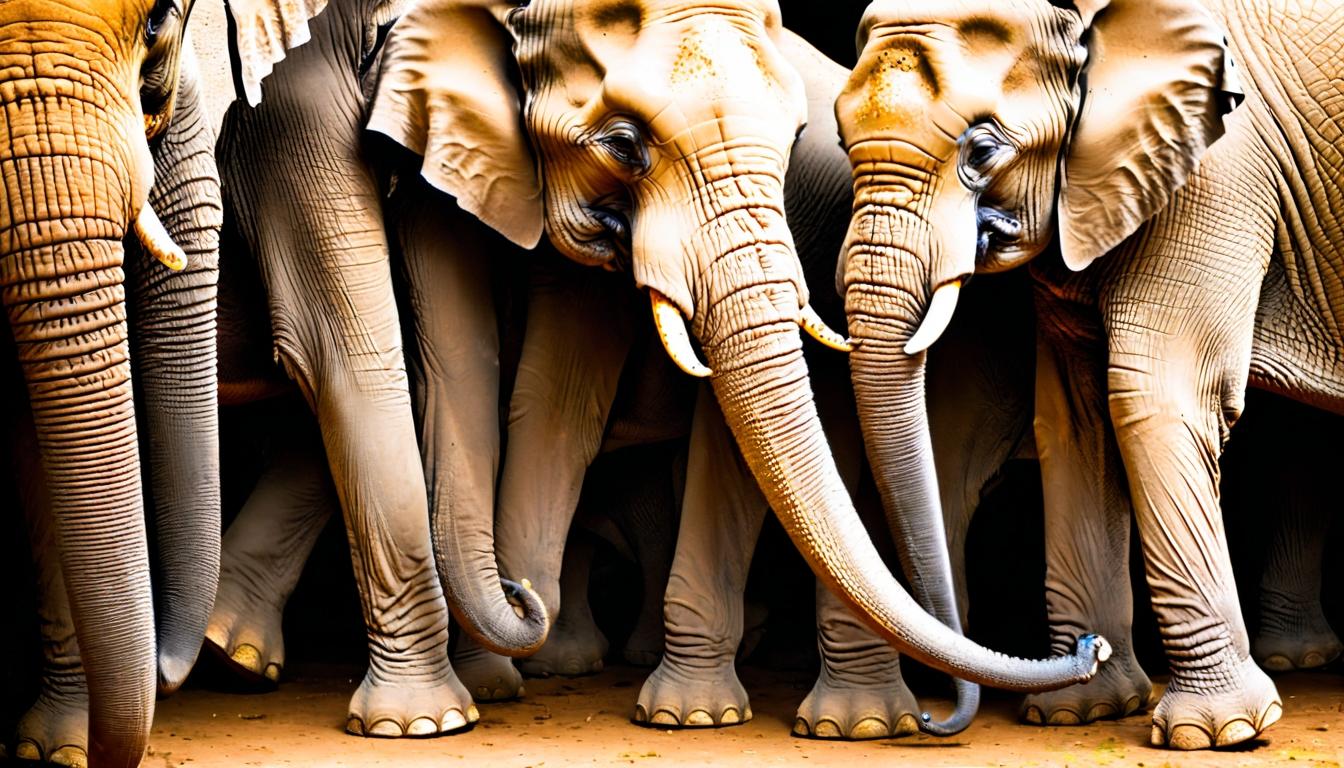In the quiet hours before dawn, while most humans are still dreaming, the animal kingdom is engaged in behaviors so strange they defy explanation. From tool-using octopuses to grieving elephants, the natural world is full of mysteries that continue to baffle scientists and delight observers.
Consider the case of the bowerbird, nature's original interior designer. Male bowerbirds spend weeks constructing elaborate structures decorated with carefully arranged colored objects—blue bottle caps, yellow flowers, even discarded pieces of glass. The quality of their construction directly determines their mating success, making them one of the few animals besides humans who create art for art's sake.
Dolphins have been observed using sea sponges as tools to protect their snouts while foraging on the ocean floor, a behavior passed down through generations. This cultural transmission of knowledge was once thought to be exclusively human, but marine biologists have documented mother dolphins teaching their calves this sponge-wearing technique in Western Australia's Shark Bay.
The animal kingdom's capacity for deception is equally astonishing. Squirrels will pretend to bury nuts when they know they're being watched, only to secretly hide them elsewhere later. This sophisticated behavior suggests they understand that others have minds and intentions different from their own—a cognitive ability called theory of mind.
Even insects display remarkable intelligence. Paper wasps can recognize individual faces of other wasps, a skill they use to maintain complex social hierarchies. Researchers have found that these wasps have better facial recognition abilities than some primates when it comes to identifying members of their own species.
Perhaps most touching are the accounts of animal grief and empathy. Elephants have been observed revisiting the bones of deceased herd members, gently touching the remains with their trunks. Chimpanzees have been documented comforting distressed companions with hugs and pats. These behaviors challenge our understanding of animal consciousness and emotional depth.
The ocean depths hold particularly strange secrets. The anglerfish has one of nature's most bizarre mating rituals—males permanently fuse themselves to females, eventually losing their eyes and internal organs until they become little more than sperm-producing appendages. This extreme adaptation ensures reproduction in the vast, dark depths where finding a mate is nearly impossible.
On land, the pistol shrimp creates one of the loudest natural sounds in the ocean—a snap so powerful it creates cavitation bubbles that reach temperatures nearly as hot as the sun's surface. The resulting shockwave can stun or kill small fish, making this tiny crustacean one of the ocean's most efficient predators.
Even common backyard animals harbor surprising secrets. Crows have been observed holding 'funerals' where dozens of birds gather around a deceased crow, sometimes leaving offerings of twigs or food. While scientists debate whether this represents true mourning or simply risk assessment, the behavior demonstrates remarkable social complexity.
The more we learn about animal behavior, the more we realize how much we have underestimated our fellow earthlings. These creatures aren't just following instinct—they're solving problems, forming cultures, and experiencing emotions in ways we're only beginning to understand. Each discovery challenges our assumptions about intelligence, consciousness, and what it means to be alive on this planet.
The secret lives of animals: bizarre behaviors that will make you question nature

